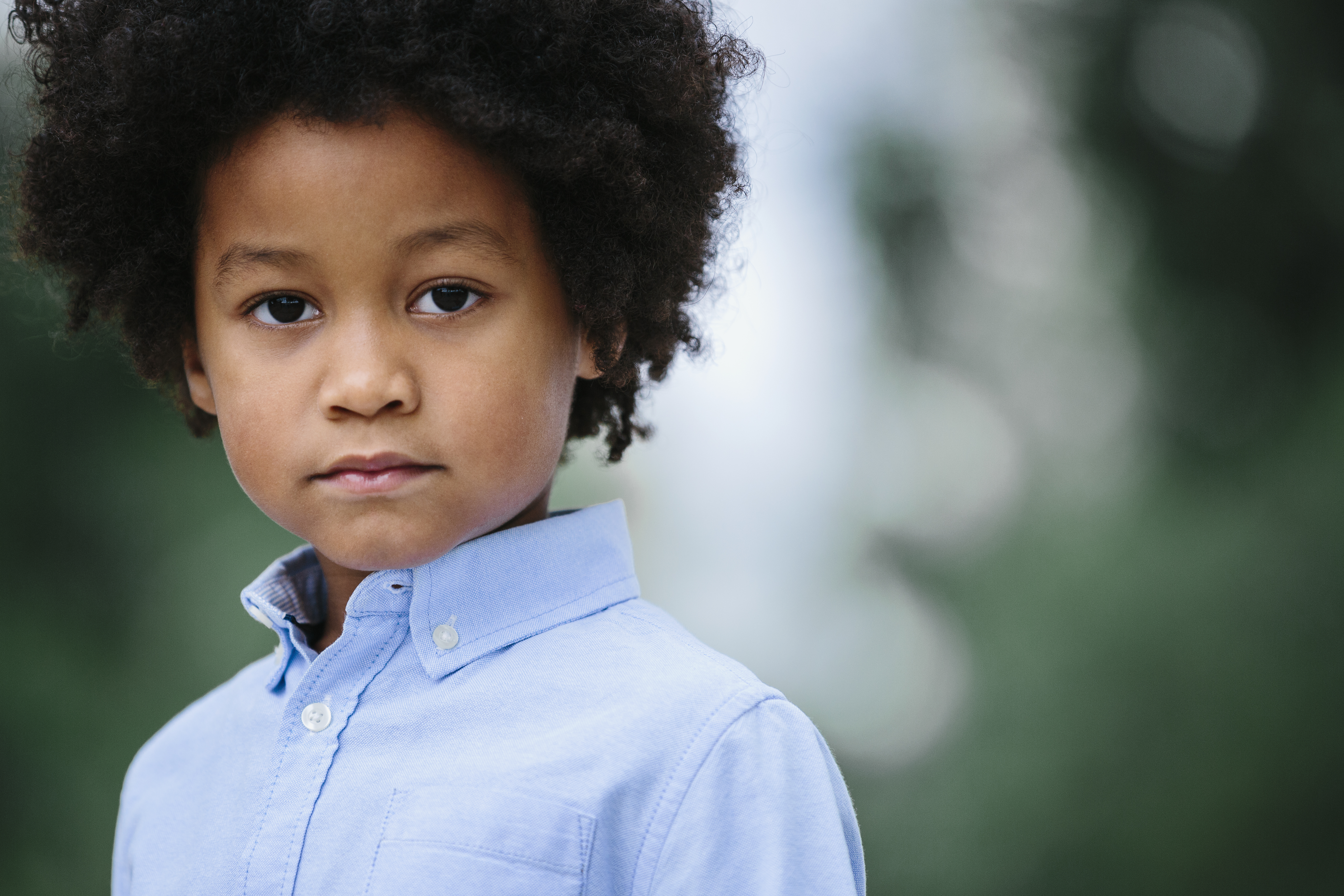Stop arresting and prosecuting Black Kindergarteners! - nadi petition demo
Attorney General Merrick Garland

It’s heartbreaking -- a 6-year-old Black boy in North Carolina was waiting for the school bus when he bent down and picked a single tulip from a neighbor’s yard. For this “crime” he was arrested and sent to juvenile court, charged with “injury to real property!” ? He couldn’t understand the court proceedings, so he was give a coloring book. This obscene criminalization of little kids -- especially kids of color -- happens all over. Recently:
A Delaware State trooper arrested a third-grader over the theft of $1
A 5-year-old with ADHD was charged with “battery on a police officer” in California
A Florida officer arrested a 6-year-old girl and zip-tied her hands
The National Juvenile Justice Network recommends 14 as the minimum age for prosecution. But in most states -- 30 total -- there is no minimum age for at all prosecution. That means little kids who can’t read, write, or understand the concept of a crime can be prosecuted. And these ridiculous prosecutions disproportionately impact Black kids. In North Carolina, for example, nearly half of complaints are against Black children despite them being 22% of the population. This creates a school-to-prison pipeline that starts before kids even know what a “prison” is.
We must end the school-to-prison pipeline and stop arresting and prosecuting little kids!
Sponsored by
To:
Attorney General Merrick Garland
From:
[Your Name]
Dear Attorney General Garland,
We urge you to help end the practice of arresting and prosecuting young children, like the 6-year-old Black boy in North Carolina who was arrested and sent to court for picking a tulip from a neighbor’s yard. As Attorney General, please spotlight this issue, speak out against it, and urge all states to set the minimum age for prosecution at 14, as the National Juvenile Justice Network recommends.
More than 30 states have no minimum age for prosecution for children, while others have established children as young as 6-10 can be prosecuted. This means children who can’t read or write yet and who don’t even understand the concept of a crime or a court can be criminalized and prosecuted. This criminalization of very young children creates a school-to-prison pipeline that disproportionately and negatively impacts Black children and other kids of color.

